Politico published an article this week entitled “Tobacco’s loss is pot’s gain.”
CNN also published a write-up on the study.
USA Today and NBC News published articles on the study, as well.
While the study does raise important concerns on cannabis and lung health, the study itself is unfortunately bogus.
Using this bogus study, the Politico article attempts to equate cannabis smoking with the already-proven dangers cigarette smoking.
“In 2009, a combined 112 million Americans used either tobacco or marijuana. In 2020, the last year for which the Substance Abuse and Mental Health Services Administration posted data, 120 million used either. As a public health matter, that’s bad news.”
The authors of this article then share the results of the new Canadian study, which appeared in the journal of Radiology.
The results of the study are a bit alarming, as they claim that cannabis smoking can cause emphysema, bronchiectasis, and mucoid impaction.
In other words, long-term cannabis smoking can really do a number on your lungs – according to the study.
This is a peer-reviewed study that appears in a reputable medical journal, so it must be credible, right?
Wrong!
Let’s give these Politico writers some credit because they do note the caveats of the study.
Apparently this doom-and-gloom study only involved 56 cannabis users, most of whom also smoked tobacco.
Researcher Giselle Revah even admits, “We don’t know if these effects are from marijuana alone or from the combination with tobacco.”
This is obviously a poorly designed study, and it’s proof that just because something is peer-reviewed or published in a medical journal doesn’t exactly mean it’s credible.
Sign of the times, maybe?
Is Cannabis Smoking Bad for Your Lungs or Not?
Although I’m not a doctor or scientist, I have experimented with cannabis about 5,000 times.
I gave up smoking in favor of dry-herb vaping years ago, and now I’ve moved on to a new and innovative dry powder inhalation called Sula, which involves no heat, no smoke, no electronics, no smell, etc.
Inhaling smoking of any kind is not good for the lungs, and yet most people have the impression that cannabis smoke is completely harmless. Same with cannabis vaping liquids.
To be fair, in 2016, a longitudinal study revealed that it had followed a cohort of cannabis consumers for 20 years, and the only ill health effects were periodontal disease (perhaps from chronic dry mouth).
But what about beyond 20 years?
We just don’t have those studies yet.
Although anecdotal, a prominent cannabis leader recently revealed to me they were suffering from chronic obstructive pulmonary disease (COPD) after 50+ years of smoking weed.
COPD is no joke, and of course this person can’t smoke weed anymore and is very sad about it
And obviously there are a ton of variables to consider. How frequently was this person smoking? And what about potential contaminants before the availability of lab testing?
The truth is people should always be very selective about what they inhale into their lungs. Afterall, we aren’t that far removed from “VapeGate.”
The Most Comprehensive Study on Cannabis and the Lungs
In 2013, Donald Tashkin published one of the most comprehensive studies on cannabis and lung health.
At the end of this study Tashkin concluded:
“Regular use of marijuana causes airway injury leading to symptoms of chronic bronchitis in some smokers but no physiological or high-resolution computed tomography evidence of emphysema. Despite the presence of procarcinogenic components in marijuana smoke, a limited number of appropriately performed and analyzed epidemiologic studies have failed to demonstrate an increased risk for either lung or upper airway cancer in association with marijuana smoking, although evidence is mixed regarding the risk of heavy, long-term use.”
The conclusion goes on to warn against the harms of potential contamination, such as bacterial or fungal contaminants. Tashkin also points out isolated cases of pneumothorax/pneumomediastinum and bullous lung disease among of heavy users but adds that any causal link is absent.
“Overall, the risks of pulmonary complications of regular use of marijuana appear to be relative small and far lower than those of tobacco smoking. However, such potential pulmonary risks need to be weighed against possible benefits in considerations regarding medicinal use of marijuana.”
Need a little more Bluntness in your life? Subscribe for our newsletter to stay in the loop.
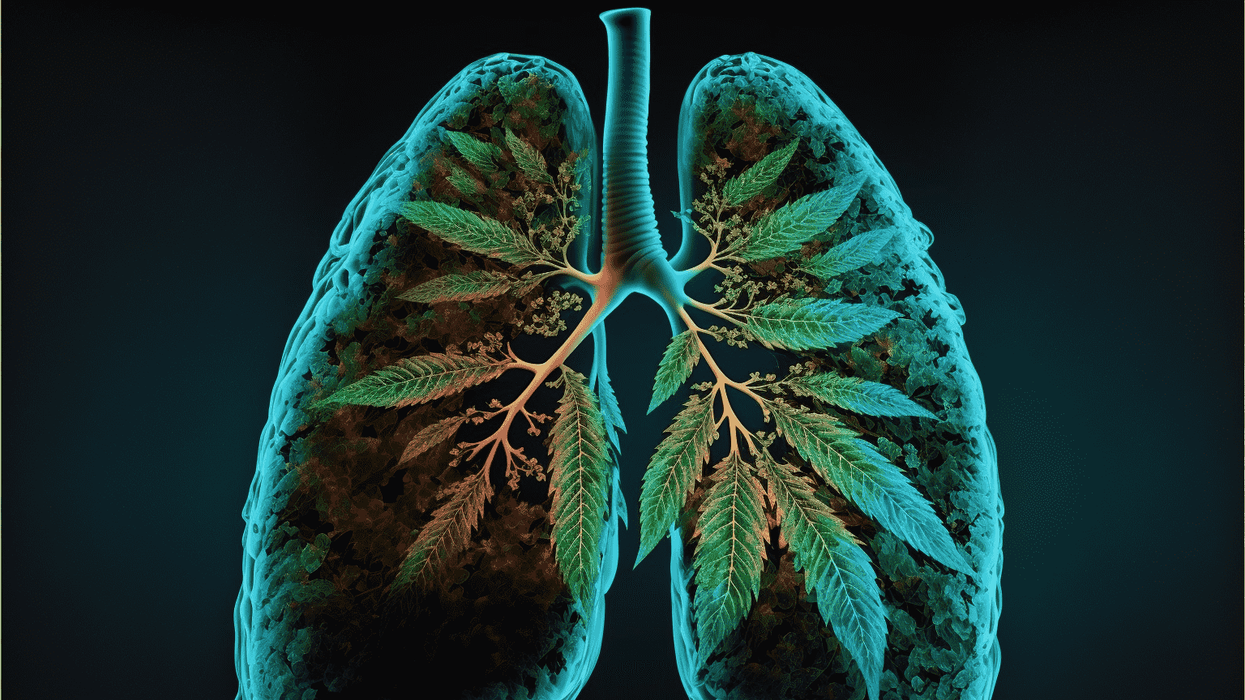






 11 Signs You've Greened Out and How to Handle It - The Bluntness
Photo by
11 Signs You've Greened Out and How to Handle It - The Bluntness
Photo by  11 Signs You've Greened Out and How to Handle It - The Bluntness
Photo by
11 Signs You've Greened Out and How to Handle It - The Bluntness
Photo by 






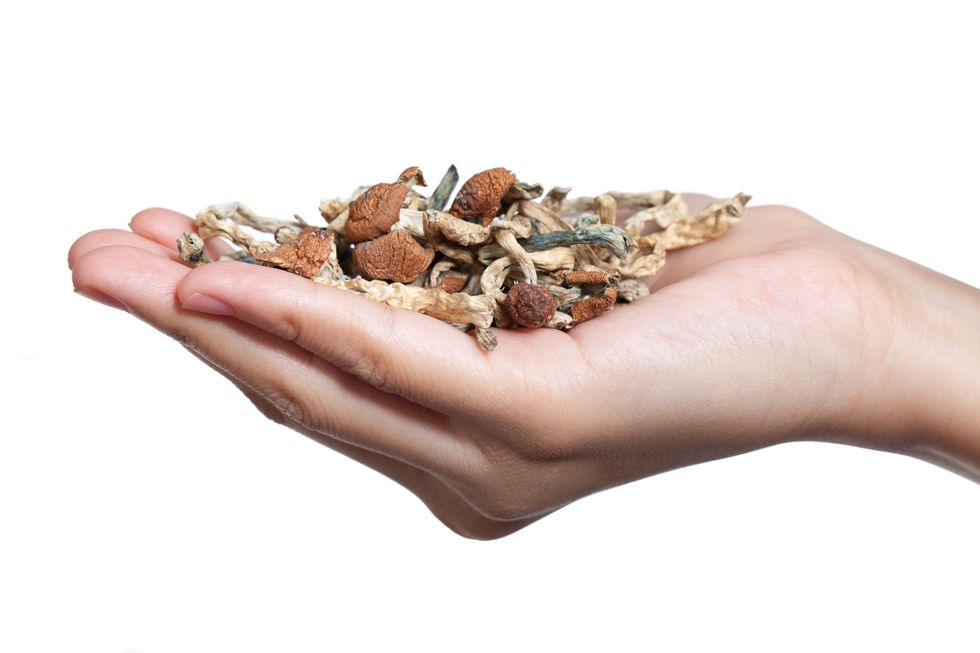 How to Make Mushroom Tea - The Bluntness
null
How to Make Mushroom Tea - The Bluntness
null
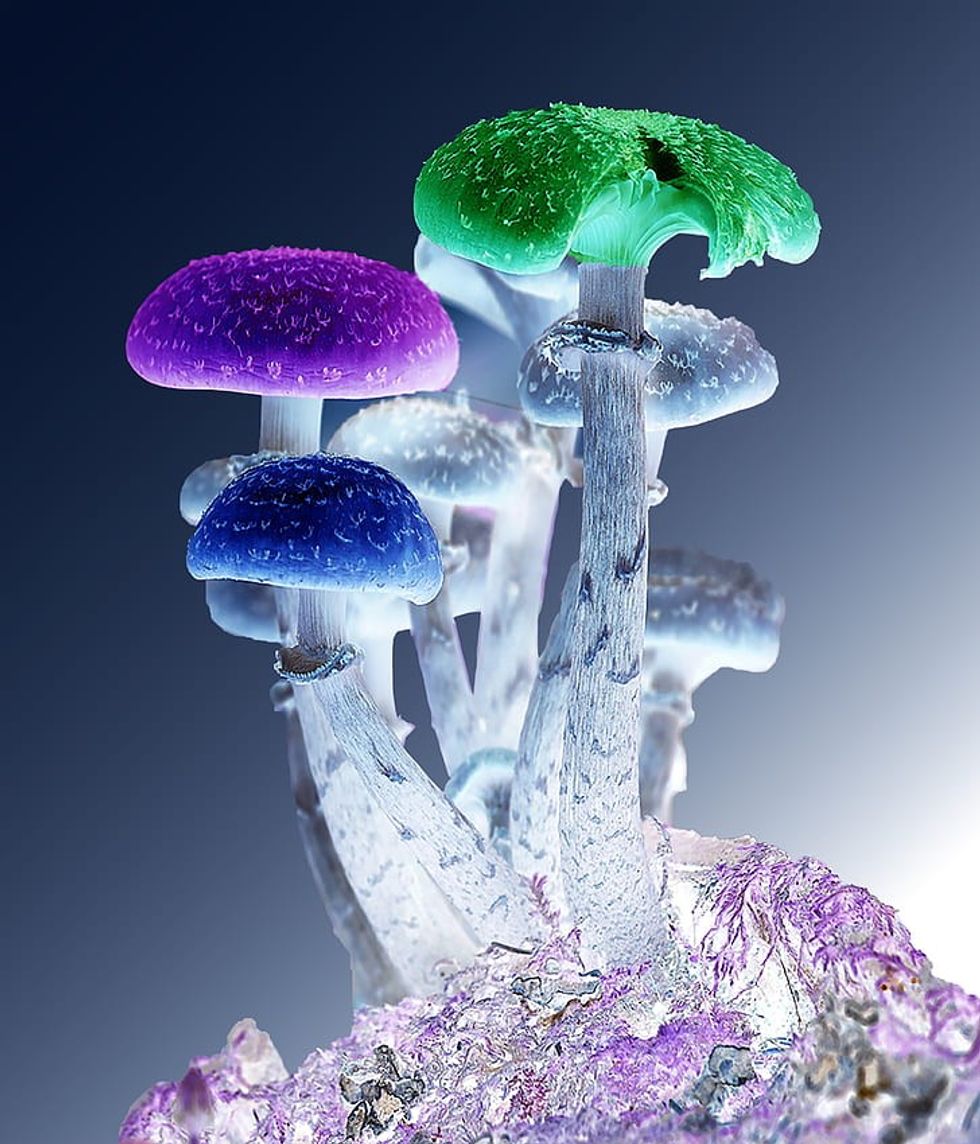 How to Make Mushroom Tea - The Bluntness
www.pickpik.com
How to Make Mushroom Tea - The Bluntness
www.pickpik.com

 The Truth About THC Candle: Cannabis Candles & How to Make Your Own - The Bluntness
Photo by
The Truth About THC Candle: Cannabis Candles & How to Make Your Own - The Bluntness
Photo by 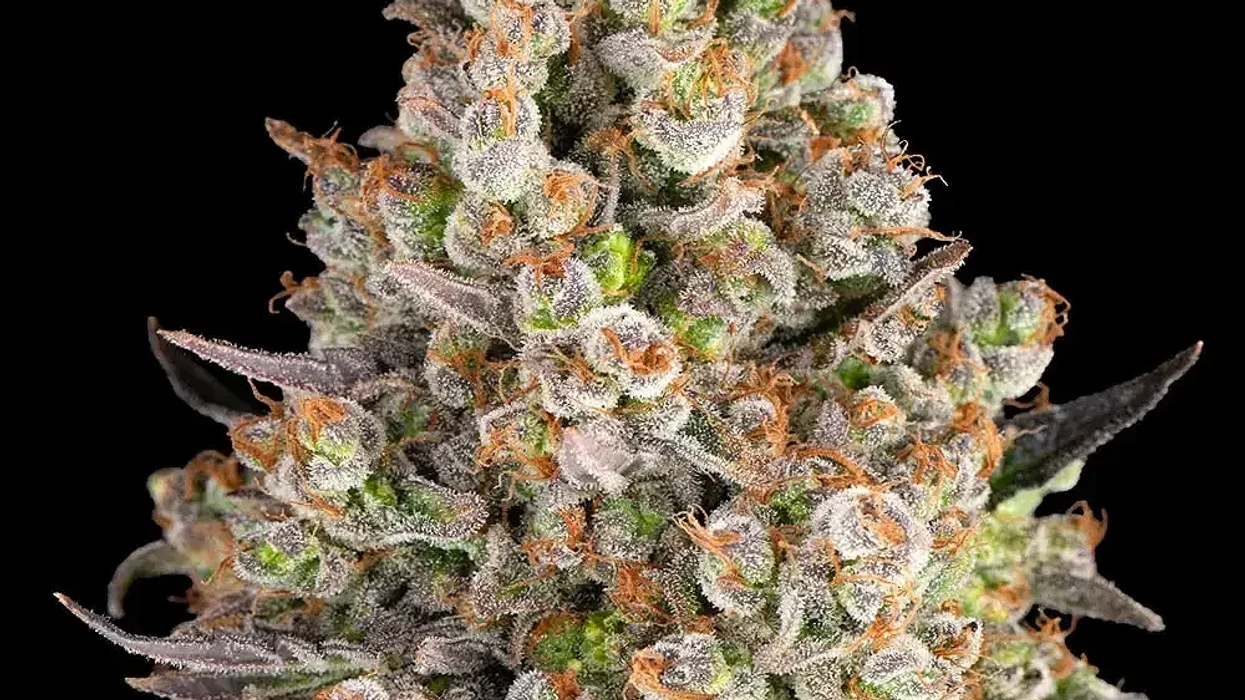
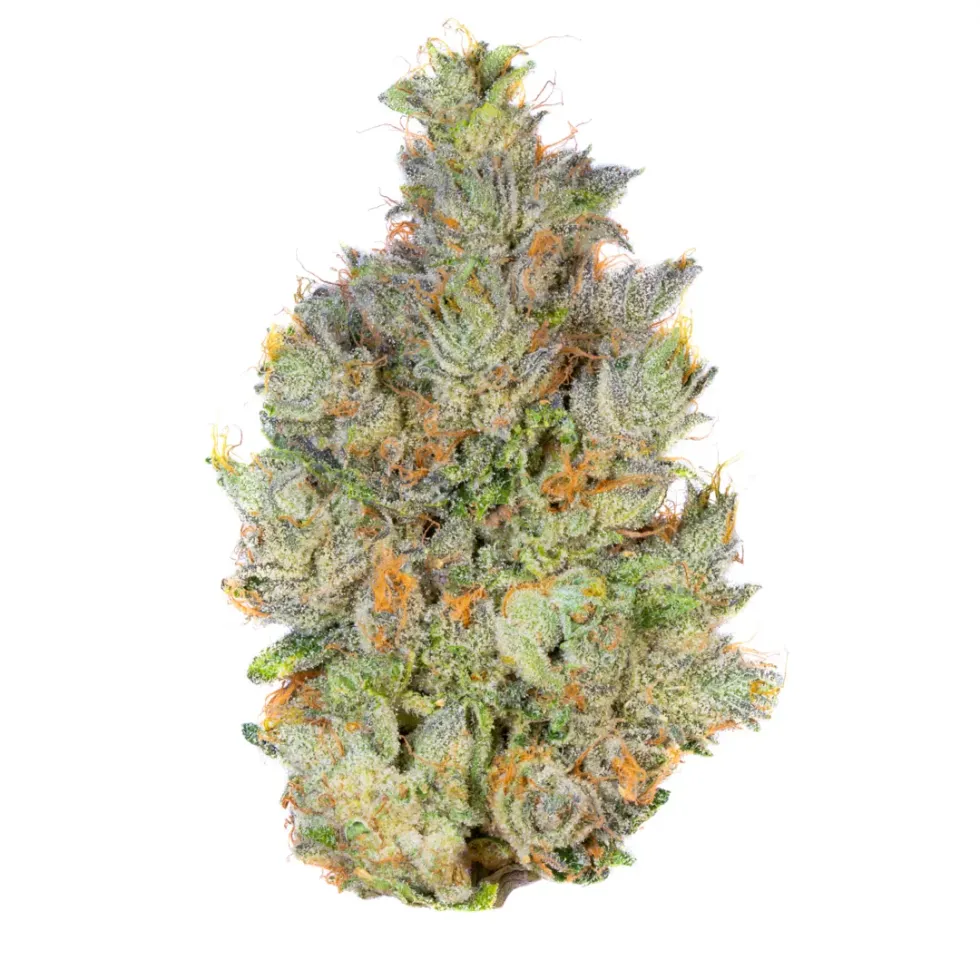 OG Kush Strain: The West Coast Classic That Defined a Generation - The BluntnessAlien Labs
OG Kush Strain: The West Coast Classic That Defined a Generation - The BluntnessAlien Labs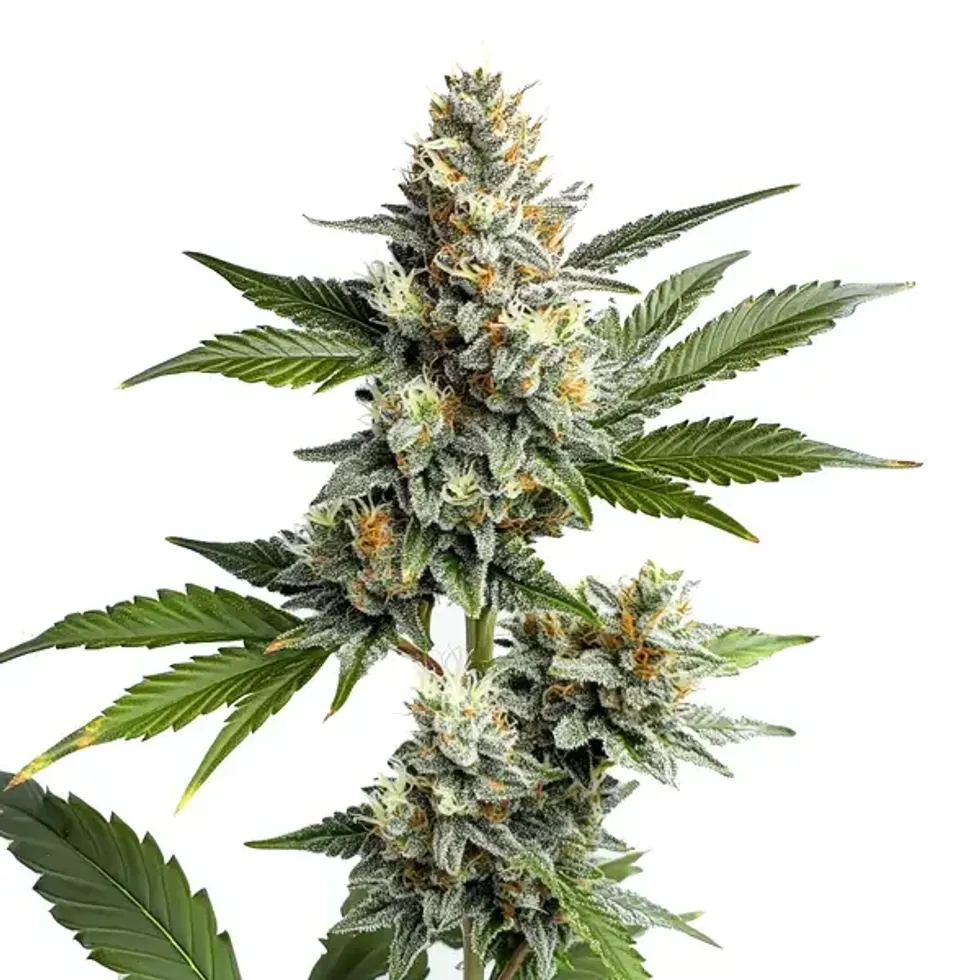 OG Kush Strain: The West Coast Classic That Defined a Generation - The Bluntness
OG Kush Strain: The West Coast Classic That Defined a Generation - The Bluntness
 Recognizing the Signs of Antisocial Behaviors - The Bluntness
Photo by
Recognizing the Signs of Antisocial Behaviors - The Bluntness
Photo by  Weed Makes Me Antisocial: What To Do - The Bluntness
Photo by
Weed Makes Me Antisocial: What To Do - The Bluntness
Photo by